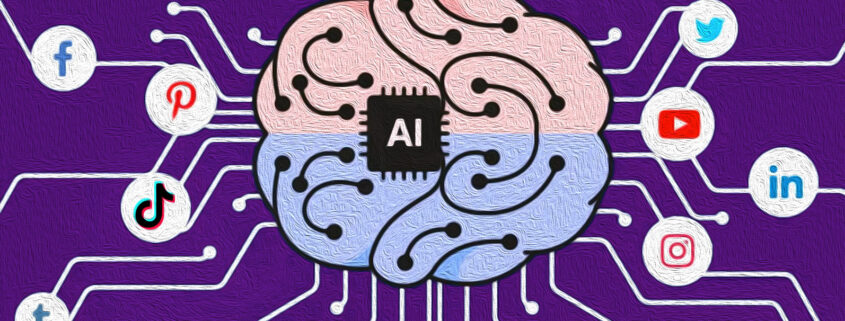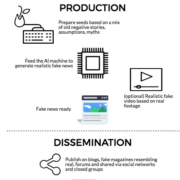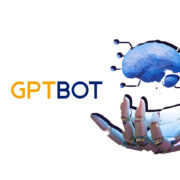Adapting Journalism to AI: The Good, the Bad, and the Profitable
Impact of AI on Journalism
Artificial intelligence (AI) has shaken up the journalism industry worldwide.
Newspapers are searching for new business models to counterbalance AI’s impact and engage their readership.
The growing influence of AI in content creation has forced publishers to search for a sustainable business model that balances quality content and profitability.
The Rise and Fall of Digital Publications
Buzzfeed News and Vice were once successful digital publications that won several awards for their innovative approach to topics like politics and economy. However, both have faced financial difficulties recently.
Buzzfeed News has ceased operations, and Vice is at risk of bankruptcy. While these are high-profile examples, they’re not unique. Their downfall is primarily attributed to their inability to find a sustainable long-term business model.
The Challenge of Scaling Advertising Revenue
Vice and Buzzfeed heavily relied on video and branded content (paid for by advertisers) to generate revenue. Yet, this model could have scaled more effectively in the face of competition from social and streaming platforms, which carved out significant chunks of advertising revenue previously monopolized by newspapers.
Besides, blending journalism with advertising only sometimes yields positive results.
Paywalls: A Possible Solution?
Paywalls have proven effective only for large global brands with loyal audiences. Despite that, data shows that the paywall model is only somewhat effective for some.
In recent years, there has been a stable percentage of people willing to pay for online journalism after years of growth.
The Importance of Diversification
A diversified business model can help media organizations remain stable when market variables change.
Successful media companies operate multiple business lines, such as the Financial Times.
Balancing Press, Digital, and Events
The Financial Times hosts events through its subsidiary, The Next Web. These events contribute significantly to the newspaper’s profits and offer opportunities for networking and discovering new trends in the market.
SEO and AI
Search engine optimisation (SEO) practices have changed how content is written, leading to debates about whether the content is written for readers or search engines.
With advances in AI, SEO can shift from visible text to metadata, simplifying the process for content writers.
AI’s Impact on Content Production
AI has automated simple content production for several years, and this trend is expected to continue.
Quality content that machines cannot replicate will require heightened attention. A minority of journalists produce such quality content, and only half will likely adapt to working with new tools. Some publications are predicted to remain human-only, while others will digitize and transform their operations, publishing in various formats.
Imagine grabbing news, reshaping it for various audiences, translating it into various languages and transforming them into podcasts using text-to-speech technology (that can even adapt to regional accents). New opportunities ahead, where content creators remain crucial in shaping communication goals, setting up the right tone of voice, frequency, media planning, and leaving recurring/routine/boring tasks to machines.
Exponential technologies like generative AI, machine learning, and robotics are rapidly changing the world, predicting that about 50% of jobs will disappear due to these technologies. However, they also foresee exciting developments like new products and services we can’t yet imagine.
To survive and thrive in this new age, we need to develop our skills in creative collaboration – blending creativity, curiosity, and our ability to collaborate with people and machines. Everyone already possesses these skills but they must be developed and shaped in a constantly changing environment. After all, thinking of genetics, according to Darwin’s Origin of Species, it is neither the most intellectual of the species nor the strongest that survives, but the one that is able best to adapt and adjust to the changing environment. Someway, technology follows nature’s rules.








